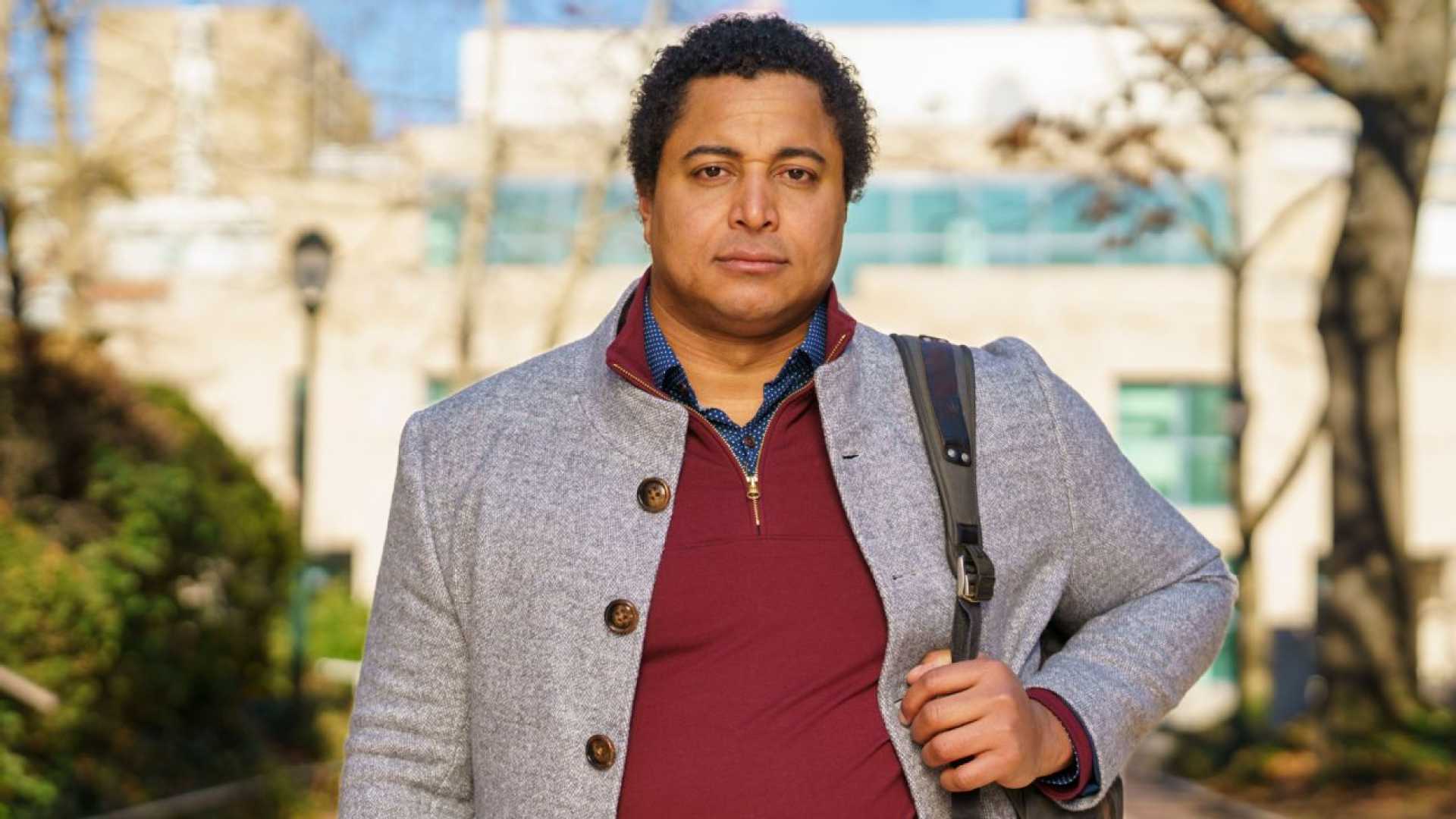Sports
Jonathan Martin: From NFL Bullying to Bitcoin Advocate

WILMINGTON, Del. — Jonathan Martin stood nervously in the half-full theater, preparing to deliver a TEDx talk titled “The Fiat Debt Spiral” that would focus on Bitcoin’s potential to transform the economy. The former NFL offensive lineman, who gained national attention for his controversial exit from the Miami Dolphins amid bullying allegations, is now an entrepreneur and scholar striving to redefine his legacy.
Martin, dressed in a button-down shirt and jeans, looked out into the audience, noting his parents in the third row. As he began his presentation, he articulated complex topics such as inflation, economic challenges, and the potential of Bitcoin to provide financial freedom—a stark contrast from the world of football that had defined him for so long.
“Bitcoin can level the playing field,” Martin stated confidently during his 15-minute discourse that drew applause. He emphasized his desire to be recognized for his current work rather than his troubled past as a football player. “Football is just something I did. It wasn’t who I am,” Martin said afterward in a conference room, reflecting on the bullying scandal that had marked his career.
The fallout from the so-called “Bullygate” incident was profound. In October 2013, Martin—then in his second season with the Dolphins—missed practice days and became the focal point of bullying reports that rocked the NFL. Months later, an independent investigation led by lawyer Ted Wells revealed a pattern of harassment against Martin by teammates, particularly Richie Incognito.
“I never believed for a second I was being bullied,” Martin insisted, seeking to clarify his position on an incident that brought national scrutiny to the culture within NFL locker rooms. “It’s a story that I’ve been trying to fix for 10 years.”
After his time with the Dolphins concluded, Martin played a brief stint for the San Francisco 49ers before retiring in 2015, citing injury issues. He chose to pursue higher education, earning a degree from Stanford and a master’s from Georgetown, and is now working toward a third degree at Wharton, focusing on entrepreneurship.
Reflecting on his transition, Martin acknowledged the ongoing struggles with his past but is determined to reshape the narrative of his life. “I don’t want to just be known as a former football player,” he said. “Life requires intentionality. No one is coming to save you.”
Martin’s passion for Bitcoin aligns with his entrepreneurial aspirations. He sees the digital currency as an opportunity to promote financial equality. “The core ethos of Bitcoin is to create a fairer and more accessible monetary system,” he explained in a recent article for CoinDesk. His venture into cryptocurrency education represents both a reclaiming of his identity and a fervent hope to make a positive impact.
Martin’s earlier experiences in life shaped him into a resilient individual. Growing up in a successful family environment in Los Angeles, he faced pressures associated with being a large Black man in predominantly white spaces, both in school and sports. “I felt out of place in an NFL locker room,” Martin admitted.
Despite his past challenges, including mental health struggles and public scrutiny, Martin has emerged with renewed focus. He believes in leveraging his voice for promoting awareness about mental health issues and addressing bullying within sports. As he continues his educational journey, he expresses both gratitude for his family’s support and an awareness of the complexities of his past.
Looking ahead, Martin aims to blend his newfound passions for entrepreneurship and cryptocurrency with his mission for systemic change. “I want to be the apex predator in this space,” he said, channeling hard-earned lessons into his academic and business endeavors. “There’s something powerful about resilience and intent.”
Through all this, Martin’s evolving story serves as a reminder of the potential for transformation—both personal and societal. “We are always writing our own stories,” he stated. “But they’re never finished.”












